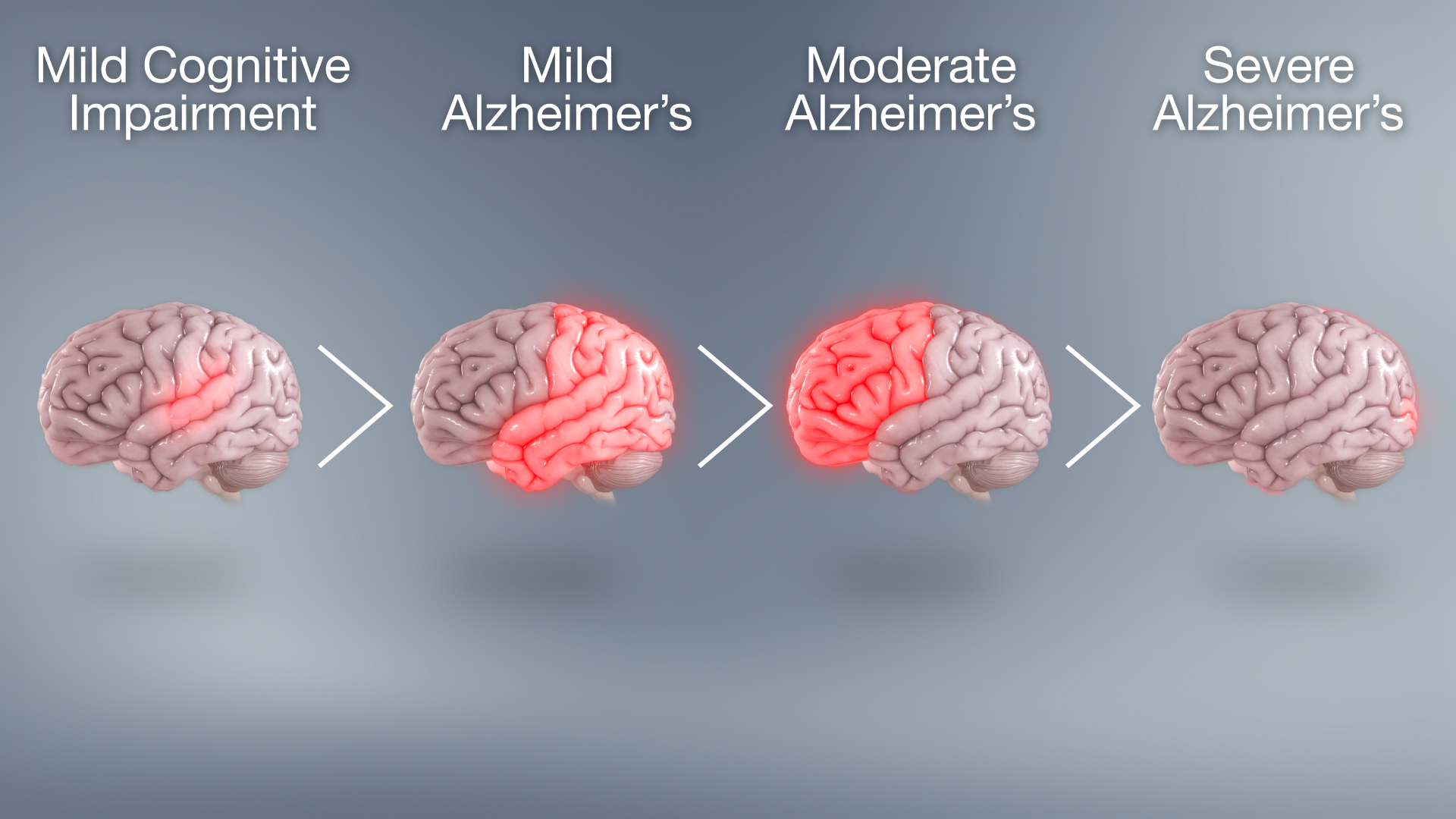
Alzheimer’s disease is one of the main reasons your elderly loved one may need home care. According to the CDC, the condition, characterized by an ongoing decline in the function of the brain, affects more than 5 million Americans. Scientific studies show that patients with Alzheimer’s who receive home care Philadelphia, PA, instead of a hospital or care community, have a higher chance of staying healthy and living happier and longer. A professional home caregiver can give your elderly patient injections and other medicines, provide hygienic care such as bathing and provide additional help like dog walking and light housekeeping.
If your elderly loved one has signs that may indicate Alzheimer’s, it is vital to know what happens during different stages of the condition. That is essential for better management of the disease and care for the patient. Consequently, below are the various stages in the progression of Alzheimer’s.
Stage one: Pre-symptoms
When your elderly parent, grandparent, or loved one starts experiencing the initial stages of Alzheimer’s, there will be no noticeable symptoms. Still, the brain is changing at this time. Adverse changes occur in the brain, such as the accumulation of abnormal proteins, which leads to the tangling of the tau protein and the formation of amyloid plaques. Moreover, neurons stop working, lose communication with other neurons, and even die.
Stage one of Alzheimer’s, when no symptoms are displayed, can last for more than ten years. Currently, no medications can prevent Alzheimer’s.
Stage two: The start of cognitive decline
Often, by the time you realize that the cognitive functions of your loved ones begin to decline, the condition is starting its second stage.
Your aging loved one will show forgetfulness, which is common with old age. For instance, your elderly loved one may have trouble remembering the names of people and locating keys. But your loved one can still drive, work, and do other regular activities.
Stage three: Start of noticeable changes
During the third stage of Alzheimer’s, your loved one will start to show changes in memory that you can notice. For instance, your loved one may start experiencing challenges at the workplace or social settings and find it difficult to recall names or words.
Your loved one may also start having anxious feelings.
Stage four: Major challenges with cognitive functions
Expect your loved one to have difficulty performing routine tasks and remembering recent memories. Your loved one will appear to have a better memory of the past than the present. And because one needs to think a lot about the present, your loved one can get lost easily, be confused about the days of the week, and have difficulty choosing what to wear.
Stage five: Increased dependence
Your loved one will find it challenging to perform routine daily tasks and activities, experience changes in emotions, and struggle to learn new things. For instance, your loved one may hallucinate more.
Stage six: Debilitating symptoms
During this stage, your loved one will experience severe symptoms of Alzheimer’s that lead to changes in personality and behavior, communication difficulty, and physical disability.
Contact Blessings4Ever Home Care Agency today to schedule an appointment with a home care specialist.
